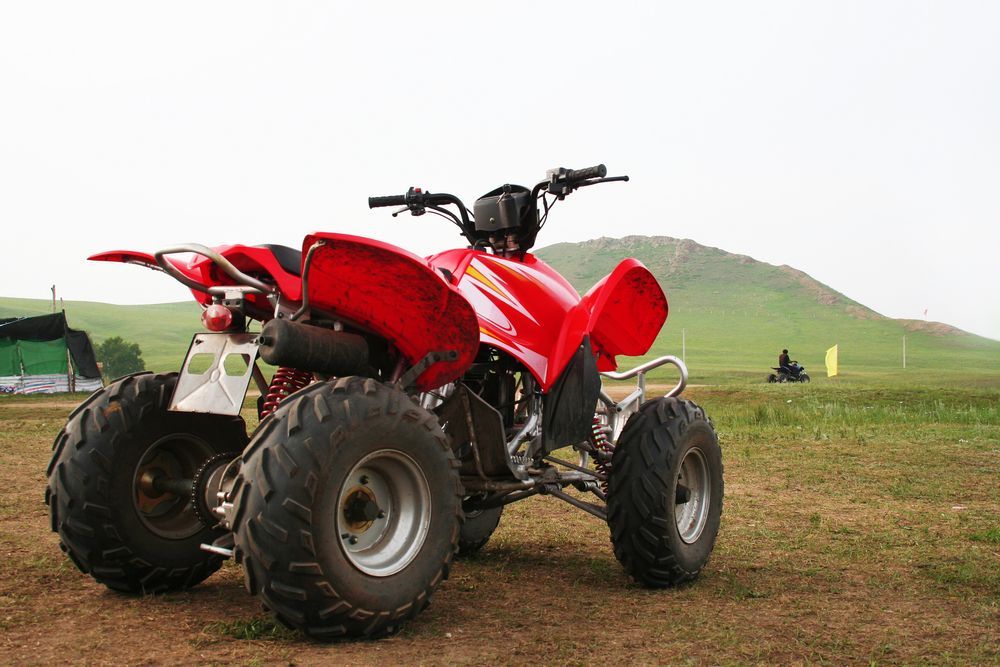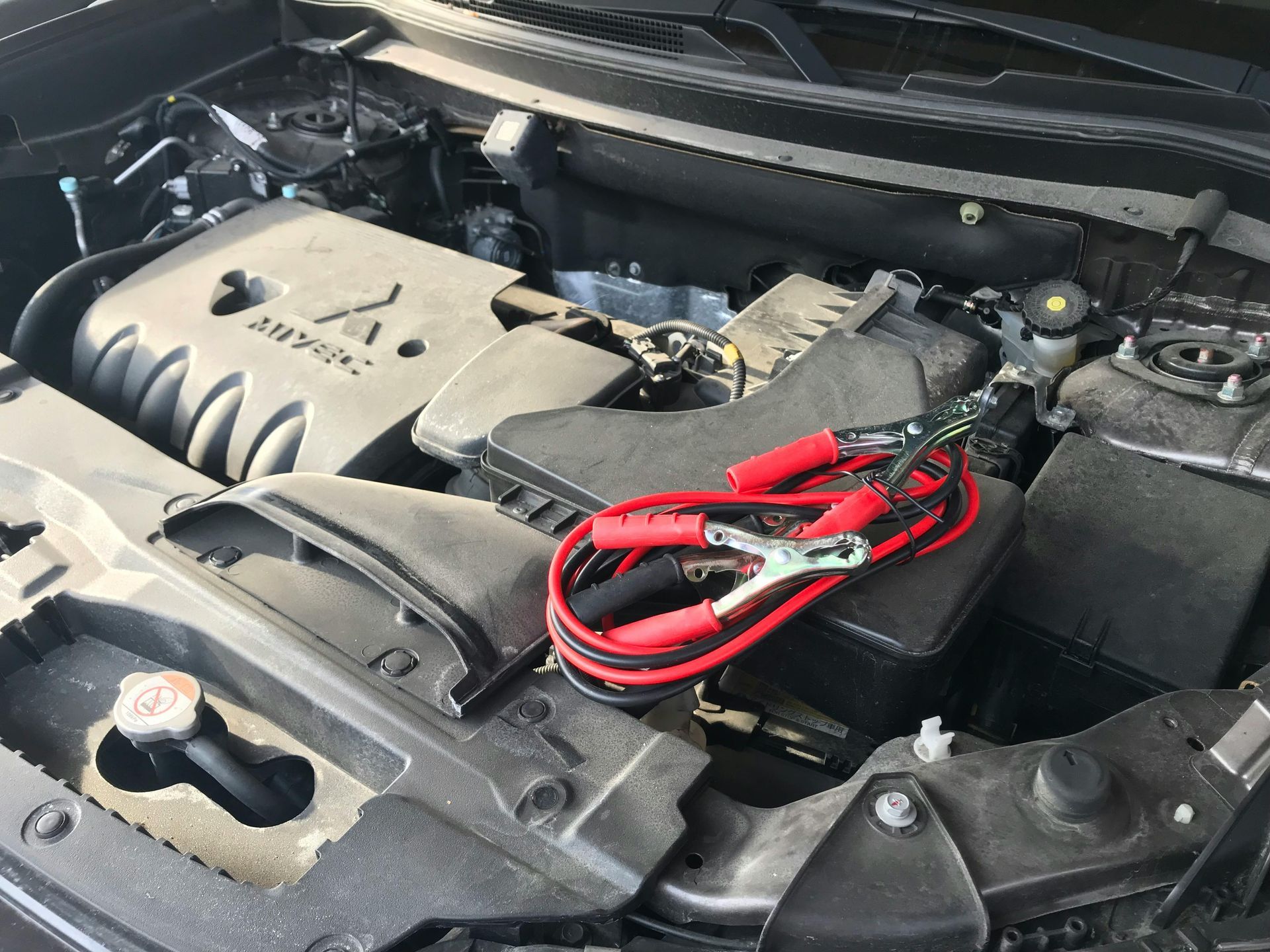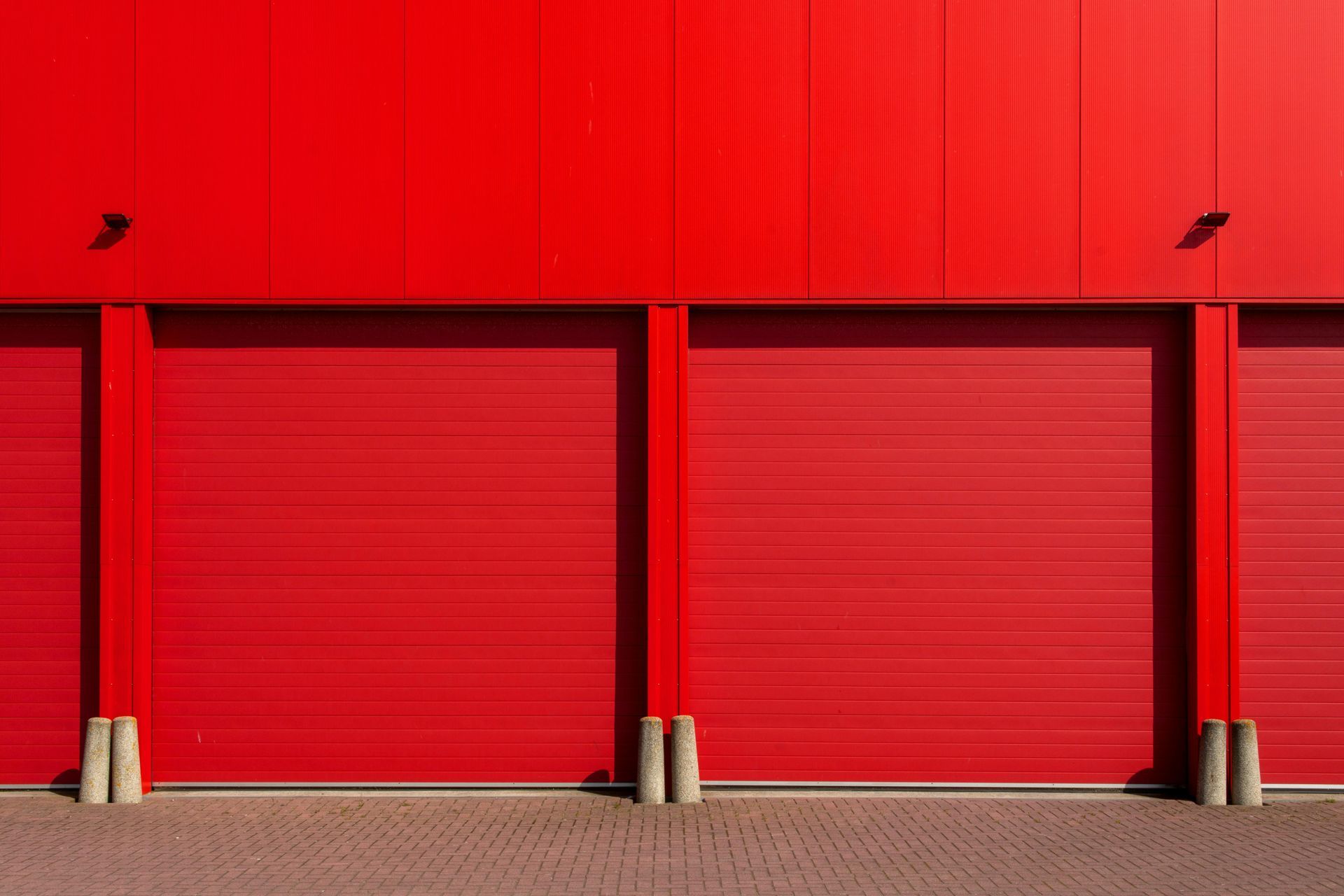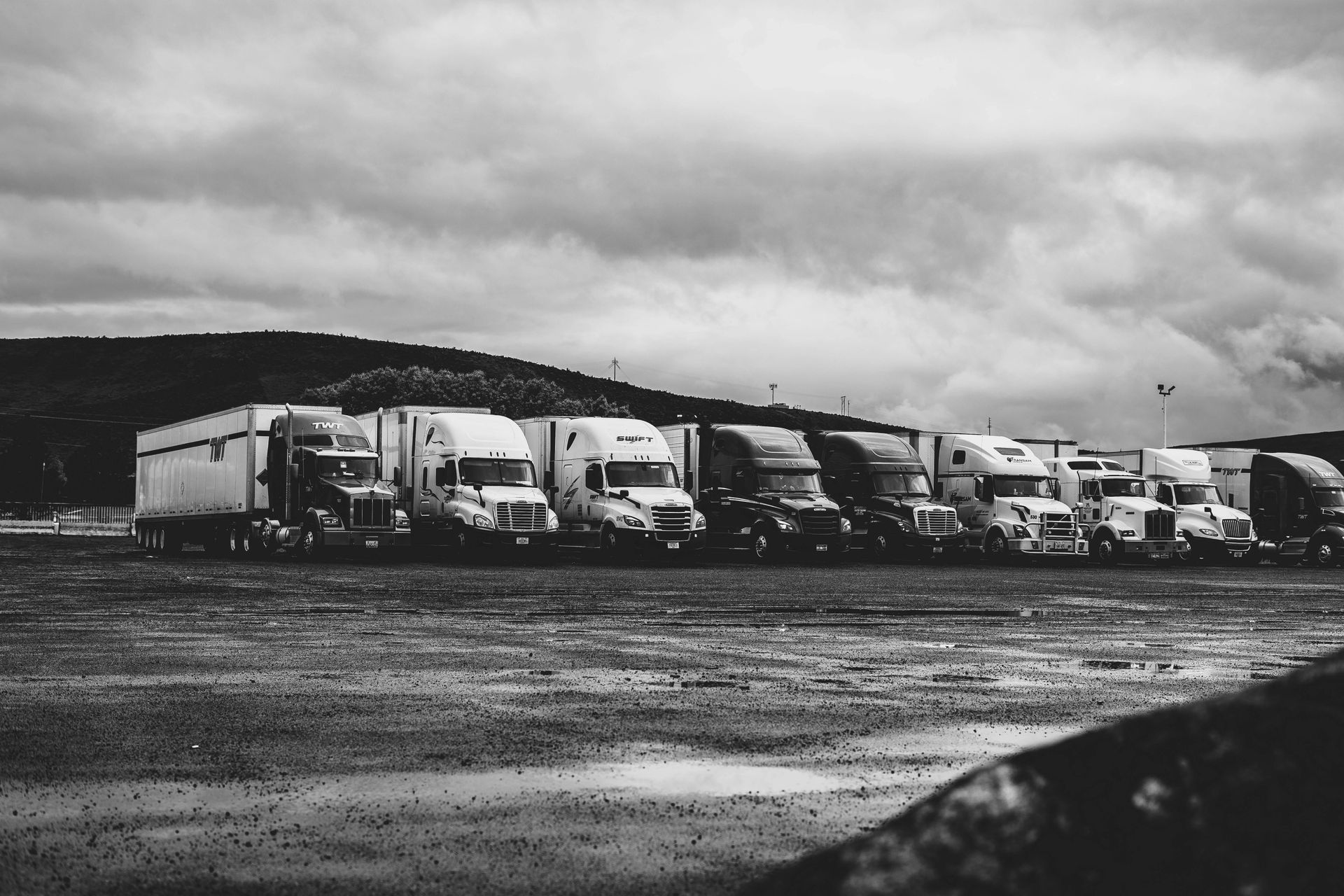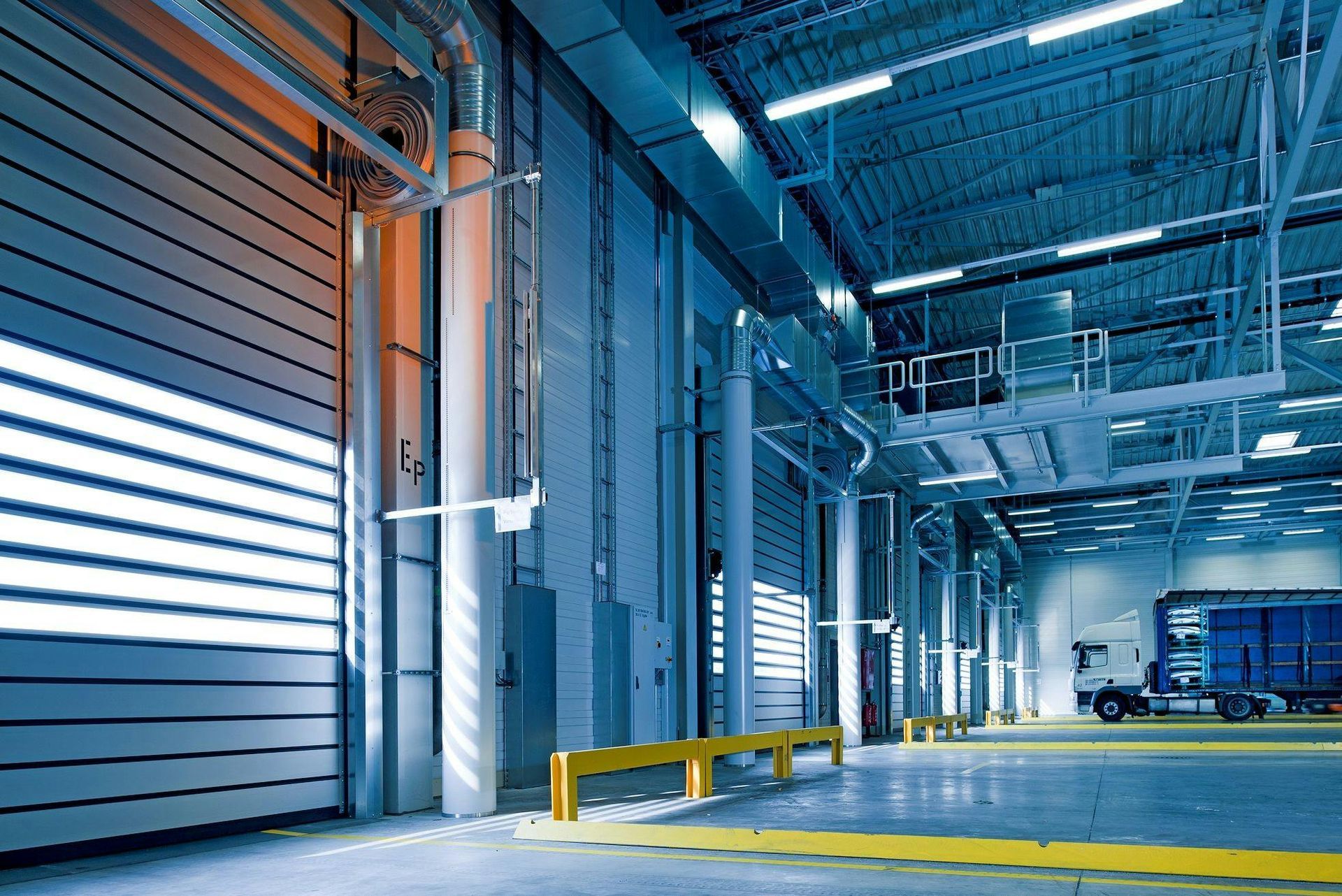ALLEN DRIVE OPEN STORAGE
Common Vehicle Storage Mistakes and How to Avoid Them

When it comes to storing vehicles, whether for the short or long term, there are several critical considerations to ensure your car, boat, RV, or motorcycle remains in top condition. Unfortunately, many vehicle owners make common storage mistakes that can lead to costly repairs, damage, or depreciation. We understand the importance of proper vehicle storage at
Allen Drive Open Storage in Conroe, TX. This guide will help you identify and avoid common vehicle storage mistakes, ensuring your vehicle stays safe and secure.
1. Choosing the Wrong Type of Storage
One of vehicle owners' most common mistakes is choosing the wrong type of storage. Not all vehicles require the same storage environment, and selecting the wrong one can result in damage.
- Outdoor Storage: Ideal for larger vehicles like RVs and boats that are built to withstand the elements. However, even these vehicles benefit from additional protection like covers or tarps to shield them from sun damage, rain, and debris.
- Covered Storage: Provides an additional layer of protection by shielding vehicles from direct sunlight, rain, and hail. This option is perfect for those who want to protect their investment without the cost of fully enclosed storage.
- Indoor Storage: The best option for classic cars, luxury vehicles, and motorcycles. Indoor storage protects against weather, pests, and theft, offering the highest level of security.
How to Avoid This Mistake: Assess the specific needs of your vehicle before choosing a storage type. Consider factors like the duration of storage, local weather conditions, and the vehicle’s susceptibility to environmental damage.
2. Neglecting Regular Maintenance Before Storage
Another significant mistake is failing to perform regular maintenance before storing the vehicle. This oversight can lead to mechanical issues, battery failure, and fluid deterioration.
Common Maintenance Tasks to Perform
- Oil Change: Old oil can corrode engine components, especially if it contains contaminants.
- Tire Pressure: Ensure your tires are inflated to the correct pressure to avoid flat spots
- Battery Maintenance: Disconnect or remove the battery if storing long-term to prevent drainage.
- Fluid Top-Off: Ensure all fluids (coolant, brake, transmission) are topped off to prevent rust and other damage.
- Clean the Vehicle: Wash and wax the exterior to protect the paint, and clean the interior to avoid attracting pests.
How to Avoid This Mistake: Create a maintenance checklist to complete before storage. Regularly check your vehicle if it’s stored for an extended period, especially the battery and tire pressure.
3. Improperly Covering the Vehicle
Using the wrong cover or not covering the vehicle at all can lead to paint damage, moisture buildup, and even pest infestations.
Common Covering Mistakes:
- Using Plastic Tarps: These can trap moisture, leading to rust and mildew.
- Improperly Fitting Covers: Covers that are too tight can scratch the paint, while loose covers can blow off or allow dirt and debris to collect.
- Not Covering at All: Leaving a vehicle exposed can result in fading, corrosion, and more.
How to Avoid This Mistake: Invest in a high-quality, breathable vehicle cover that fits your vehicle properly. For long-term storage, choose a cover designed specifically for your type of vehicle (car, boat, RV, motorcycle) to ensure optimal protection.
4. Ignoring Security Concerns
Security is often overlooked when storing vehicles, especially in outdoor or uncovered storage. This can lead to theft, vandalism, or unauthorized access.
Security Mistakes to Avoid:
- Failing to Lock the Vehicle: Even in a secure storage facility, always lock your vehicle.
- Leaving Valuables Inside: Items like electronics, personal documents, or valuable tools should be removed to deter break-ins.
- Not Using Additional Security Measures: Depending on the value of the vehicle, additional security like wheel locks, steering wheel locks, or alarm systems might be necessary.
How to Avoid This Mistake: Store your vehicle at a facility like Allen Drive Open Storage, which offers security features such as surveillance cameras, gated access, and on-site staff. Additionally, remove all valuables from your vehicle and use security devices to further protect your investment.
5. Forgetting to Check on the Vehicle Periodically
Even in the best storage conditions, vehicles can suffer from disuse. A common mistake is forgetting to check on your stored vehicle, which can result in unexpected issues when you’re ready to use it again.
Issues That Can Arise from Long-Term Storage:
- Battery Drainage: Batteries can lose charge over time, especially if not maintained.
- Flat Spots on Tires: If a vehicle sits in one spot for too long, the tires can develop flat spots.
- Pest Infestations: Mice, rats, and insects can make a home in your vehicle if it’s not checked regularly.
- Fluid Degradation: Even properly topped-off fluids can degrade over time, leading to potential mechanical issues.
How to Avoid This Mistake: Visit your vehicle periodically to start the engine, check tire pressure, and inspect for any signs of pests or damage. This simple routine can save you from costly repairs and ensure your vehicle is ready to go when you need it.
Trust Allen Drive Open Storage for Secure Vehicle Storage
Proper vehicle storage is essential to maintaining the value and functionality of your vehicle. By avoiding these common mistakes, you can ensure that your car, boat, RV, or motorcycle remains in excellent condition during its time in storage. At Allen Drive Open Storage in Conroe, TX, we offer secure and reliable storage solutions tailored to meet your needs. Whether you need to store a boat, motorcycle, trailer, or truck, our facility is equipped with top-notch security features and a range of storage options.
Don’t leave your vehicle’s condition to chance. Contact Allen Drive Open Storage today at
(936) 290-4061 to learn more about our storage options and to reserve your space. Our team is here to help you choose the best storage solution to protect your investment.
FAQs
How often should I check on my stored vehicle?
Monthly inspections are recommended for your vehicle. Start the engine, check the tire pressure, and inspect for any signs of damage or pests.
Is outdoor storage safe for my RV or boat?
Outdoor storage is generally safe for RVs and boats, but using a quality cover is essential to protect against the elements. Ensure the storage facility has adequate security measures.
Can I store a vehicle with a full tank of gas?
Yes, but it’s best to add a fuel stabilizer if storing the vehicle for more than three months. This prevents the fuel from degrading and gumming up the engine.
What’s the best way to prevent battery drainage?
For long-term storage, disconnect the battery or use a trickle charger to maintain its charge. Starting the vehicle periodically also helps keep the battery in good condition.
Do I need to change the oil before storing my vehicle?
Yes, it’s advisable to change the oil before long-term storage. Old oil can contain contaminants that may cause corrosion inside the engine.




